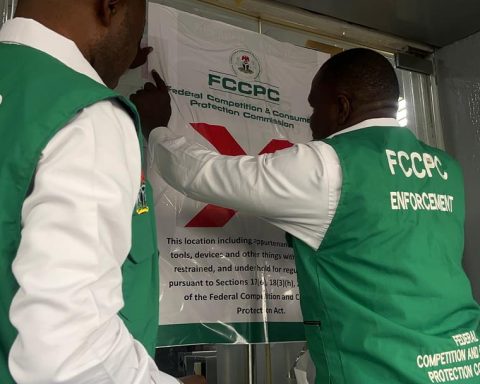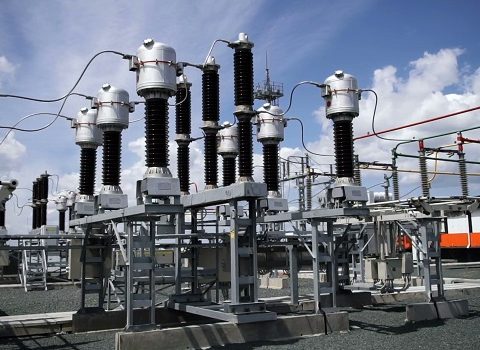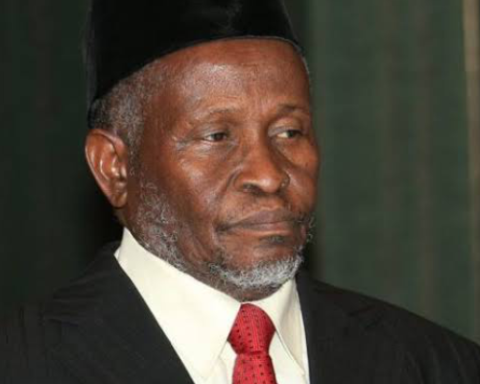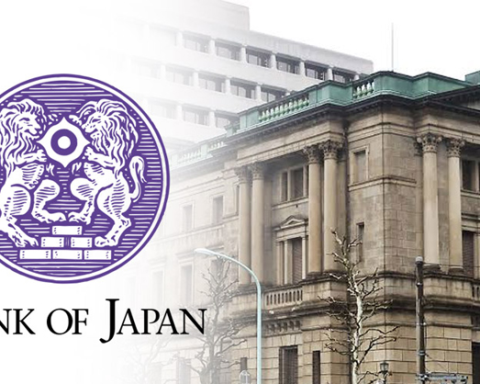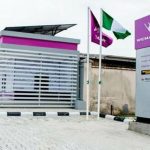Nigerian Government has initiated a plan to overhaul underperforming electricity Distribution Companies (DisCos), as part of efforts to strengthen the country’s electricity distribution network.
Minister of Power, Adebayo Adelabu, who made this known in Abuja on Monday, said the government came up with the initiative after a thorough review of the power sector’s persistent challenges, which include poor infrastructure, governance lapses, and financial and operational inefficiencies.
Join our WhatsApp ChannelAdelabu disclosed that the government was working with the Japanese International Cooperation Agency (JICA) for a comprehensive reform blueprint. During a strategy meeting at the nation’s capital, JICA presented a roadmap for the initiative entitled, ‘Revamping of the Distribution Sector in Nigeria.’
The minister of power stated that the pilot reform will begin between May and August 2025 and will target one DisCo in the north and one in the south. The goal is to create a replicable model for improving performance using a combination of internal reorganisation, external technical aid, and aggressive federal control
“We can no longer fold our hands and watch the inadequacies of DisCos whose performances fall short of expectations,” Adelabu stated, adding that the pilot project “is not optional”
“We will use regulatory authority to restructure underperforming DisCos and compel compliance if necessary,” he added.
Experts have noted that most DisCos in Nigeria are struggling with weak capital base and poor infrastructure.
The Nigerian Electricity Regulatory Commission (NERC) report for the 4th quarter of 2024 revealed that the Kaduna DisCo recorded the worst aggregate technical, commercial and collection (ATC&C) loss of 60.65 per cent.
READ ALSO: Electricity: NERC Tasks DisCos On Bridging Metering Gap, Warns Against Estimate Billing
According to the minister, two underperforming DisCos will be used for the pilot project.
The roadmap, created after the minister’s official visit to Japan to study its energy system, presents a comprehensive, results-driven approach to reforming Nigeria’s struggling distribution sector.
He emphasised that the proposal focuses on ‘reforming DisCos from within’ by bringing in experienced external professionals, improving leadership structures, and connecting government funding with measurable, short-term goals in the pilot zones.
The minister expressed concerns that there is chronic underinvestment in critical infrastructure upgrades by the DisCos. According to him, “Their lack of investment is not solely due to unwillingness but also a lack of incentives. Returns on infrastructure spending are not commensurate.”
In addressing it, Adelabu said he has directed NERC to implement franchising arrangements and ensure DisCos fully comply with reform recommendations.
“The NERC must secure their buy-in. Past efforts failed due to resistance, but this time, we will be intentional and decisive,” he added.
READ ALSO: Publish Details Of Meter Purchase Refunds To Customers, NERC Orders DisCos
The minister also hinted at plans by the government to conduct a nationwide sensitisation campaign to enlighten the public about the roles of different players in the electricity value chain, such as generation, transmission, and distribution segments.
Many Nigerians, he added, still think of the industry as a whole, which causes confusion and distrust among buyers.
He emphasised that the awareness campaign is necessary to clarify who is responsible for what, for accountability and building consumer trust and support for the reforms in the sector.
While acknowledging other challenges in the power sector, such as theft and vandalism of infrastructure, the minister expressed the government’s determination to move on the reforms.
Commenting on the project, Takeshi Kikukawa, JICA’s electricity sector policy advisor to Nigeria, stressed that the pilot project intends to offer immediate results, while developing a long-term and sustainable framework for transformation.
“The goal is to deliver immediate results in pilot areas while creating a sustainable foundation for nationwide improvement,” he said during the presentation.
As the initiative aims at improving electricity access for millions of Nigerians, the country eagerly anticipates the pilot’s launch, hoping that the federal government’s bold measures will lead to a more stable electricity supply and a revival of a vital economic sector.
Victor Ezeja is a passionate journalist with seven years of experience writing on economy, politics and energy. He holds a Master's degree in Mass Communication.



